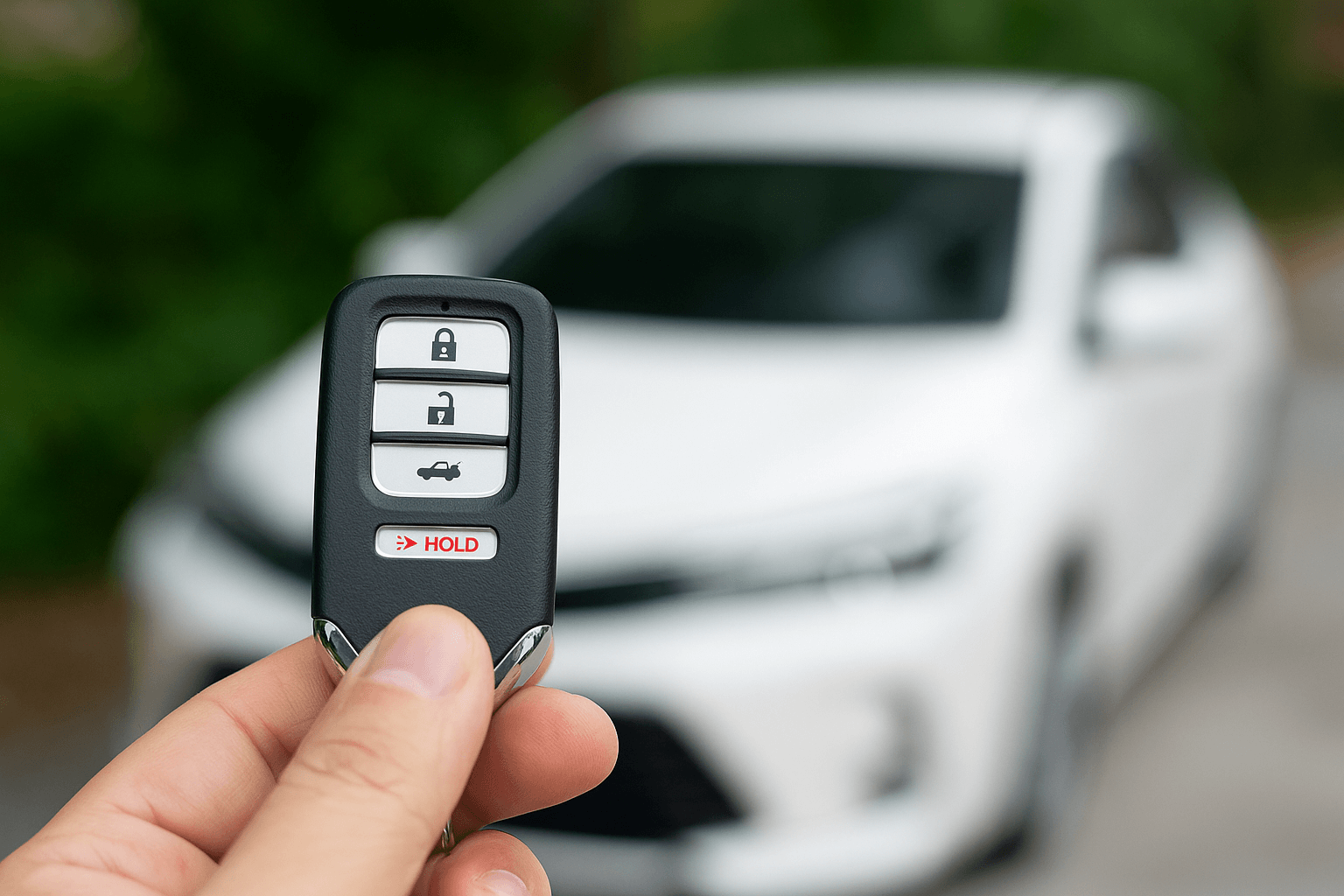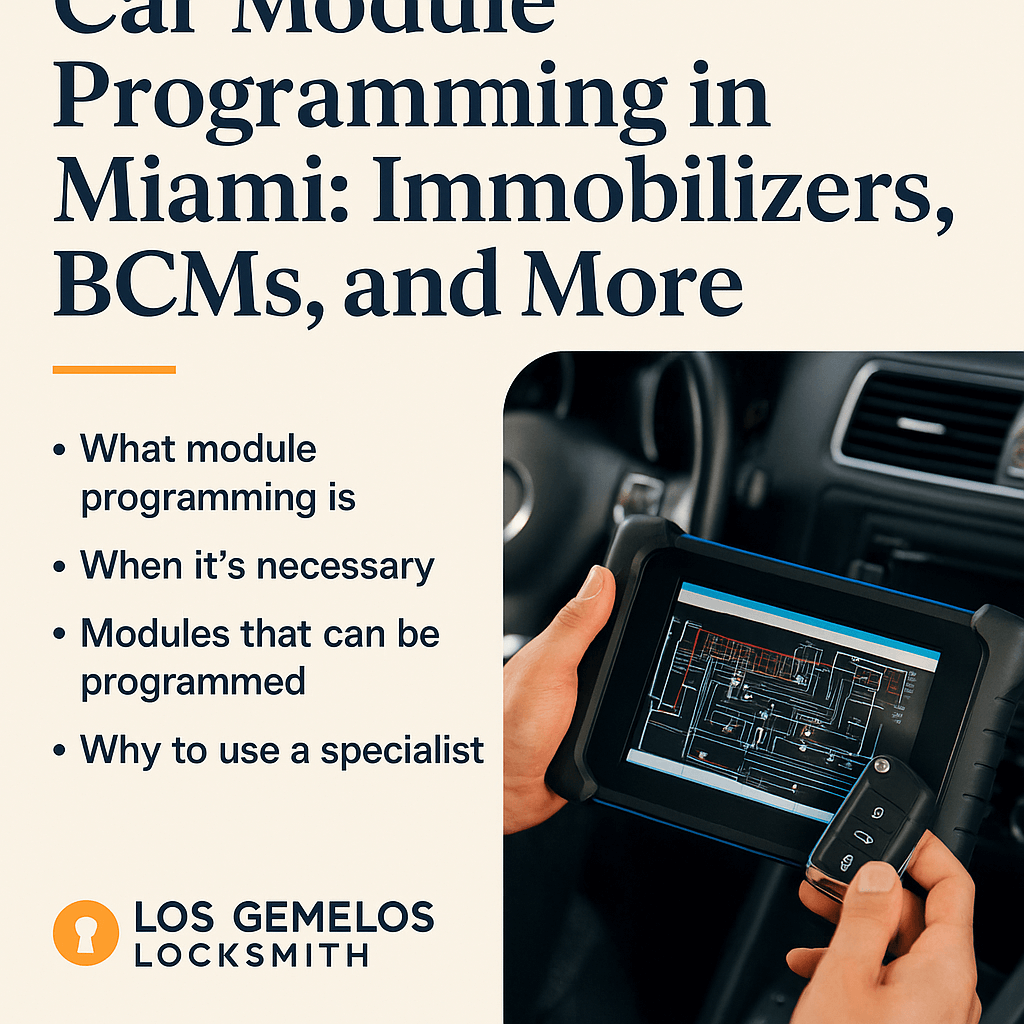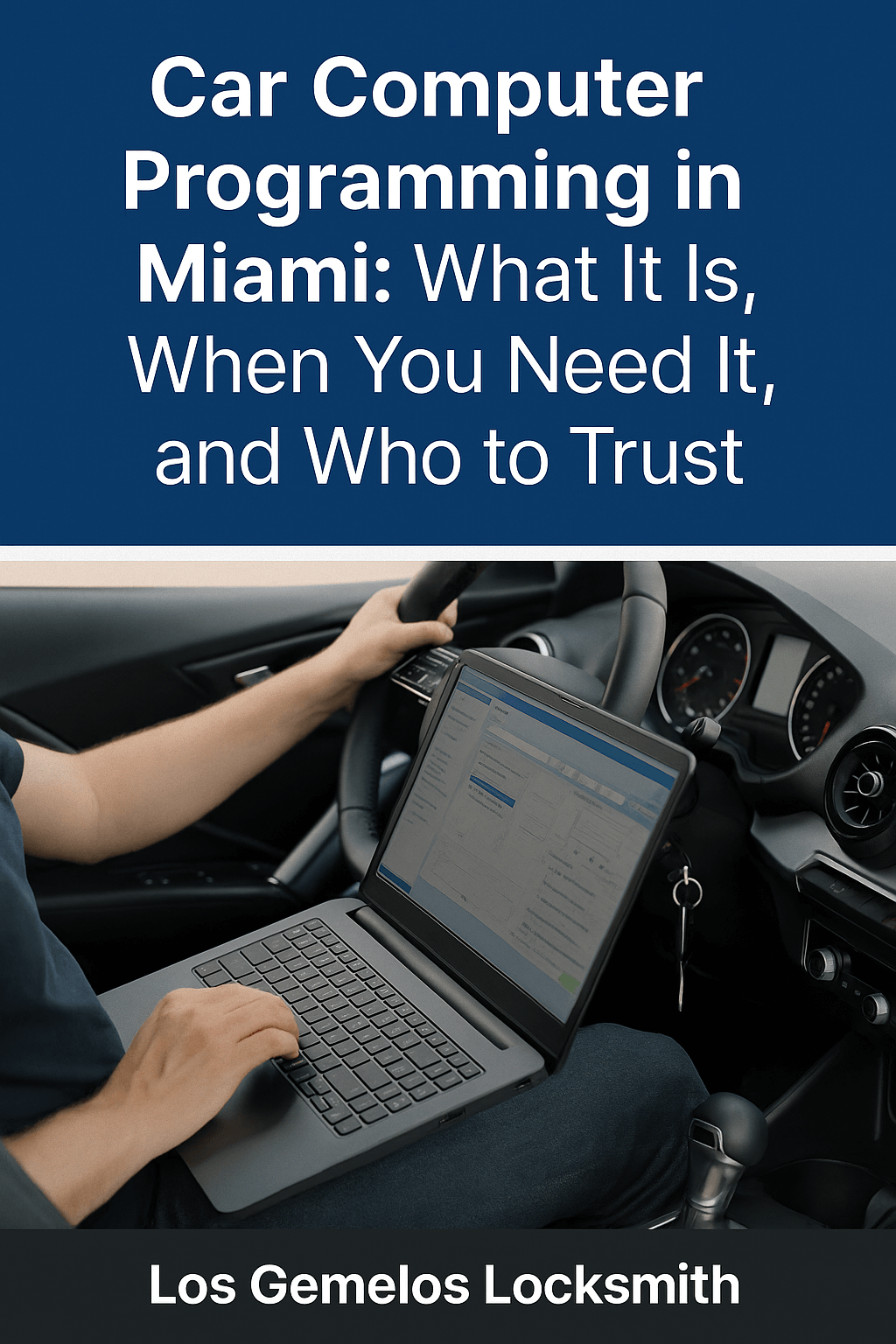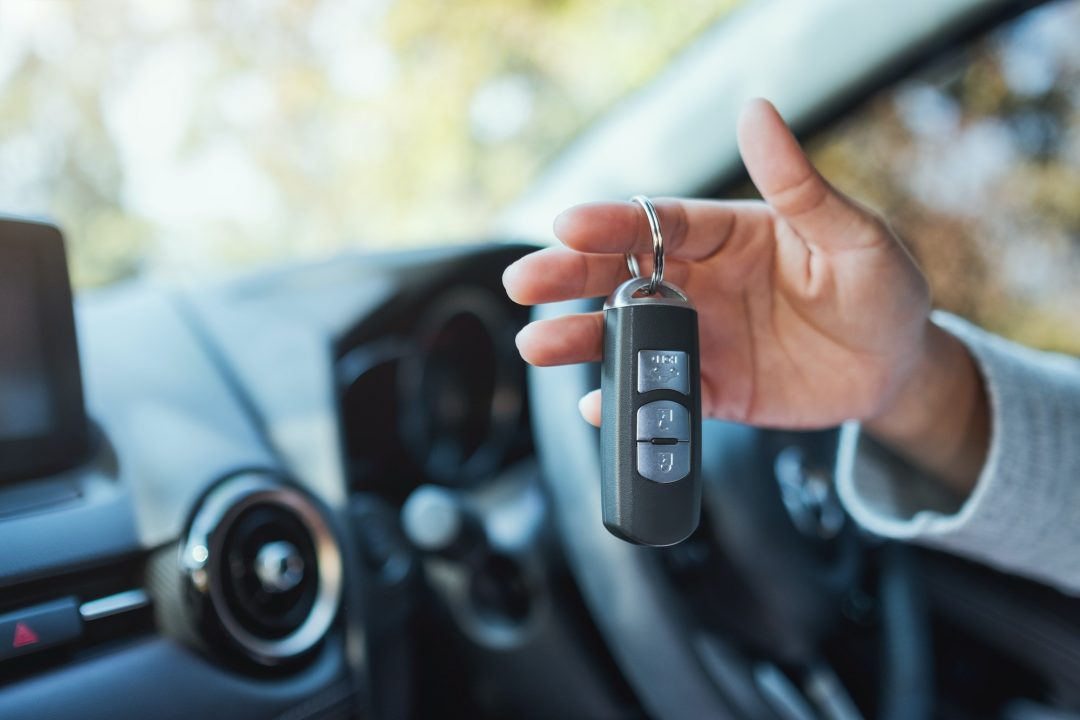[et_pb_section fb_built=”1″ _builder_version=”4.21.0″ _module_preset=”default” global_colors_info=”{}” theme_builder_area=”post_content”][et_pb_row _builder_version=”4.21.0″ _module_preset=”default” global_colors_info=”{}” theme_builder_area=”post_content”][et_pb_column type=”4_4″ _builder_version=”4.21.0″ _module_preset=”default” global_colors_info=”{}” theme_builder_area=”post_content”][et_pb_text _builder_version=”4.24.3″ _module_preset=”default” hover_enabled=”0″ global_colors_info=”{}” theme_builder_area=”post_content” sticky_enabled=”0″]
How to Identify and Fix PCM Failures
[/et_pb_text][/et_pb_column][/et_pb_row][et_pb_row column_structure=”2_5,3_5″ _builder_version=”4.21.0″ _module_preset=”default” global_colors_info=”{}” theme_builder_area=”post_content”][et_pb_column type=”2_5″ _builder_version=”4.21.0″ _module_preset=”default” global_colors_info=”{}” theme_builder_area=”post_content”][et_pb_image src=”data:image/svg+xml;base64,PHN2ZyB3aWR0aD0iMTA4MCIgaGVpZ2h0PSI1NDAiIHZpZXdCb3g9IjAgMCAxMDgwIDU0MCIgeG1sbnM9Imh0dHA6Ly93d3cudzMub3JnLzIwMDAvc3ZnIj4KICAgIDxnIGZpbGw9Im5vbmUiIGZpbGwtcnVsZT0iZXZlbm9kZCI+CiAgICAgICAgPHBhdGggZmlsbD0iI0VCRUJFQiIgZD0iTTAgMGgxMDgwdjU0MEgweiIvPgogICAgICAgIDxwYXRoIGQ9Ik00NDUuNjQ5IDU0MGgtOTguOTk1TDE0NC42NDkgMzM3Ljk5NSAwIDQ4Mi42NDR2LTk4Ljk5NWwxMTYuMzY1LTExNi4zNjVjMTUuNjItMTUuNjIgNDAuOTQ3LTE1LjYyIDU2LjU2OCAwTDQ0NS42NSA1NDB6IiBmaWxsLW9wYWNpdHk9Ii4xIiBmaWxsPSIjMDAwIiBmaWxsLXJ1bGU9Im5vbnplcm8iLz4KICAgICAgICA8Y2lyY2xlIGZpbGwtb3BhY2l0eT0iLjA1IiBmaWxsPSIjMDAwIiBjeD0iMzMxIiBjeT0iMTQ4IiByPSI3MCIvPgogICAgICAgIDxwYXRoIGQ9Ik0xMDgwIDM3OXYxMTMuMTM3TDcyOC4xNjIgMTQwLjMgMzI4LjQ2MiA1NDBIMjE1LjMyNEw2OTkuODc4IDU1LjQ0NmMxNS42Mi0xNS42MiA0MC45NDgtMTUuNjIgNTYuNTY4IDBMMTA4MCAzNzl6IiBmaWxsLW9wYWNpdHk9Ii4yIiBmaWxsPSIjMDAwIiBmaWxsLXJ1bGU9Im5vbnplcm8iLz4KICAgIDwvZz4KPC9zdmc+Cg==” _builder_version=”4.21.0″ _module_preset=”default” global_colors_info=”{}” theme_builder_area=”post_content”][/et_pb_image][/et_pb_column][et_pb_column type=”3_5″ _builder_version=”4.21.0″ _module_preset=”default” global_colors_info=”{}” theme_builder_area=”post_content”][et_pb_text _builder_version=”4.24.3″ _module_preset=”default” custom_padding=”0px||0px|||” hover_enabled=”0″ global_colors_info=”{}” theme_builder_area=”post_content” sticky_enabled=”0″]
The Powertrain Control Module (PCM) is a crucial component in modern vehicles, integrating the functions of the Engine Control Unit (ECU) and the Transmission Control Unit (TCU). It plays a vital role in managing the engine and transmission systems to optimize performance and fuel efficiency. However, PCM failures can lead to significant vehicle malfunctions. Understanding how to identify and address these failures is essential for maintaining vehicle reliability.
[/et_pb_text][/et_pb_column][/et_pb_row][et_pb_row _builder_version=”4.21.0″ _module_preset=”default” global_colors_info=”{}” theme_builder_area=”post_content”][et_pb_column type=”4_4″ _builder_version=”4.21.0″ _module_preset=”default” global_colors_info=”{}” theme_builder_area=”post_content”][et_pb_text module_class=”outline_border_white redbox_cta” _builder_version=”4.20.2″ text_font=”Fira Sans|||on|||||” text_text_color=”#FFFFFF” text_font_size=”22px” background_color=”gcid-608057bc-50cc-4b1a-b022-07c31a7462f8″ text_orientation=”center” custom_margin=”5px||||false|false” custom_padding=”50px|50px|50px|50px|true|true” custom_padding_tablet=”” custom_padding_phone=”50px|25px|50px|25px|true|true” custom_padding_last_edited=”on|phone” text_font_size_tablet=”” text_font_size_phone=”18px” text_font_size_last_edited=”on|phone” text_orientation_tablet=”” text_orientation_phone=”center” text_orientation_last_edited=”on|phone” global_colors_info=”{%22gcid-608057bc-50cc-4b1a-b022-07c31a7462f8%22:%91%22background_color%22%93}” theme_builder_area=”post_content”]
Call (305)860-1440 For 24/7 Service
[/et_pb_text][/et_pb_column][/et_pb_row][et_pb_row _builder_version=”4.21.0″ _module_preset=”default” global_colors_info=”{}” theme_builder_area=”post_content”][et_pb_column type=”4_4″ _builder_version=”4.21.0″ _module_preset=”default” global_colors_info=”{}” theme_builder_area=”post_content”][et_pb_text _builder_version=”4.24.3″ _module_preset=”default” hover_enabled=”0″ global_colors_info=”{}” theme_builder_area=”post_content” sticky_enabled=”0″]
Symptoms of PCM Failure
PCM issues can manifest through various signs:
- Engine Misfires or Stalling: If the PCM fails, it may improperly regulate the fuel mixture or ignition timing, causing the engine to stall or misfire.
- Transmission Issues: Problems such as delayed shifts or unexpected gear changes can occur if the PCM cannot correctly control the transmission.
- Poor Fuel Economy: A malfunctioning PCM may lead to inefficient fuel use, noticeable by a sudden decrease in fuel economy.
- Check Engine Light: The check engine light might illuminate as a direct indicator of PCM problems or the issues it fails to regulate properly.
Diagnosing PCM Failures
- Error Code Analysis: Using an OBD-II scanner to read diagnostic trouble codes (DTCs) is the first step in diagnosing a PCM issue.
- Visual Inspection: Check the PCM for signs of physical damage, corrosion, or loose connections.
- Voltage and Ground Testing: Ensure the PCM is receiving proper power and ground connections, as faults in these areas can mimic or cause PCM failures.
- Professional Assessment: Due to the complexity and cost associated with PCM issues, it’s often advisable to consult with a professional mechanic or technician.
Fixing PCM Failures
- Software Updates: Sometimes, updating the PCM’s software can resolve issues without needing to replace the hardware.
- Repair or Replace: Depending on the diagnosis, the PCM may need repairs to its circuit board or complete replacement if it is found to be defective.
- Reprogramming: After replacing a PCM, it must be reprogrammed to match the vehicle’s specifications and functionalities.
Preventive Measures
- Regular Maintenance: Regular checks and maintenance can prevent issues that might lead to PCM failures.
- Protect From Elements: Ensure the PCM is protected from extreme temperatures and moisture, which can cause damage over time.
- Avoid Electrical Modifications: Unauthorized modifications can interfere with PCM operations and lead to failures.
FAQ
Q: How do I know if a PCM needs to be replaced or just repaired? A: This depends on the specific issues and the diagnosis. If the PCM has significant hardware damage, replacement is typically necessary. Minor issues may be fixable with repairs or updates.
Q: Can I replace a PCM by myself? A: Replacing a PCM involves not only physically swapping the module but also reprogramming it to work with your vehicle’s system. This usually requires professional tools and skills.
Q: What is the cost of replacing a PCM? A: Costs can vary widely, generally ranging from $500 to over $1500, depending on the vehicle make and model and whether the part is new or refurbished.
Q: How long does it take to replace a PCM? A: The physical replacement can take a few hours, but the entire process including diagnostics, programming, and testing might take a full day or more.
Conclusion
Identifying and fixing PCM failures are crucial for maintaining the optimal performance and safety of your vehicle. With the right diagnostic tools and expertise, most PCM issues can be effectively resolved, ensuring your vehicle continues to operate efficiently and reliably.
[/et_pb_text][/et_pb_column][/et_pb_row][et_pb_row _builder_version=”4.21.0″ _module_preset=”default” global_colors_info=”{}” theme_builder_area=”post_content”][et_pb_column type=”4_4″ _builder_version=”4.21.0″ _module_preset=”default” global_colors_info=”{}” theme_builder_area=”post_content”][et_pb_text _builder_version=”4.21.0″ _module_preset=”default” custom_padding=”|||8px||” global_colors_info=”{}” theme_builder_area=”post_content”][/et_pb_text][/et_pb_column][/et_pb_row][et_pb_row _builder_version=”4.21.0″ _module_preset=”default” global_colors_info=”{}” theme_builder_area=”post_content”][et_pb_column type=”4_4″ _builder_version=”4.21.0″ _module_preset=”default” global_colors_info=”{}” theme_builder_area=”post_content”][et_pb_text _builder_version=”4.21.0″ _module_preset=”default” global_colors_info=”{}” theme_builder_area=”post_content”][/et_pb_text][/et_pb_column][/et_pb_row][/et_pb_section]







